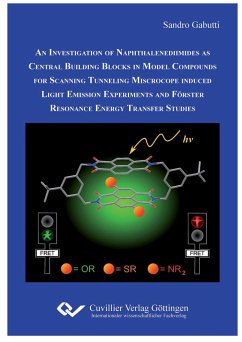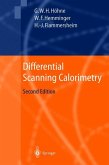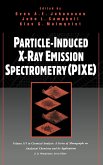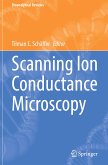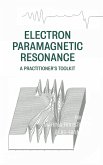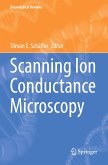Scanning tunnelling microscopy (STM) is a powerful technique to observe surfaces at the atomic level. The resolution of this STM technique is good enough to study the electronic properties of single molecules adsorbed onto metallic substrates. An important step towards controllable single molecular technologies is the determination of how the molecule-substrate interaction changes the local molecular electronic structure. Since this electronic structure of molecules is strongly perturbed by the electrons of the underlying metallic substrate, an electronic decoupling of the molecules from the metal surface is required to isolate the electronic properties of an individual molecule. Förster resonance energy transfer (FRET) has found many applications in different fields of science, because it allows the determination of the distance between two chromophores in the 1-10 nm range. In addition to other factors, this energy transfer is also dependent on the relative orientation of donor and acceptor chromophores to each other. This thesis describes the design, synthesis and investigations of model compounds for: 1). STM induced light emission experiments from single molecules and 2). for FRET studies. Chapter 1 provides an introduction to cyclophanes, energy transfer and scanning tunnelling microscopy. Chapter 2 gives a description of the aims of this work, which is split into the synthesis of cyclophanes for STM induced luminescence investigations and FRET studies. The later is complemented by the synthesis of a linear NDI system. Chapter 3 describes the design, synthesis and characterisation of all model compounds. In the first half STM investigations are presented and the electronic structure of two cyclophanes and complexation studies of the crown ether model compound are discussed. In the second half a modular synthetic route to asymmetric N,N¿-naphthalenediimides is presented for FRET studies. Chapter 4 gives a summary of this thesis and presents a short outlook. Chapter 5 provides the synthesis and characterisation of all the compounds listed in this thesis and experimental details for STM investigations.
Hinweis: Dieser Artikel kann nur an eine deutsche Lieferadresse ausgeliefert werden.
Hinweis: Dieser Artikel kann nur an eine deutsche Lieferadresse ausgeliefert werden.

